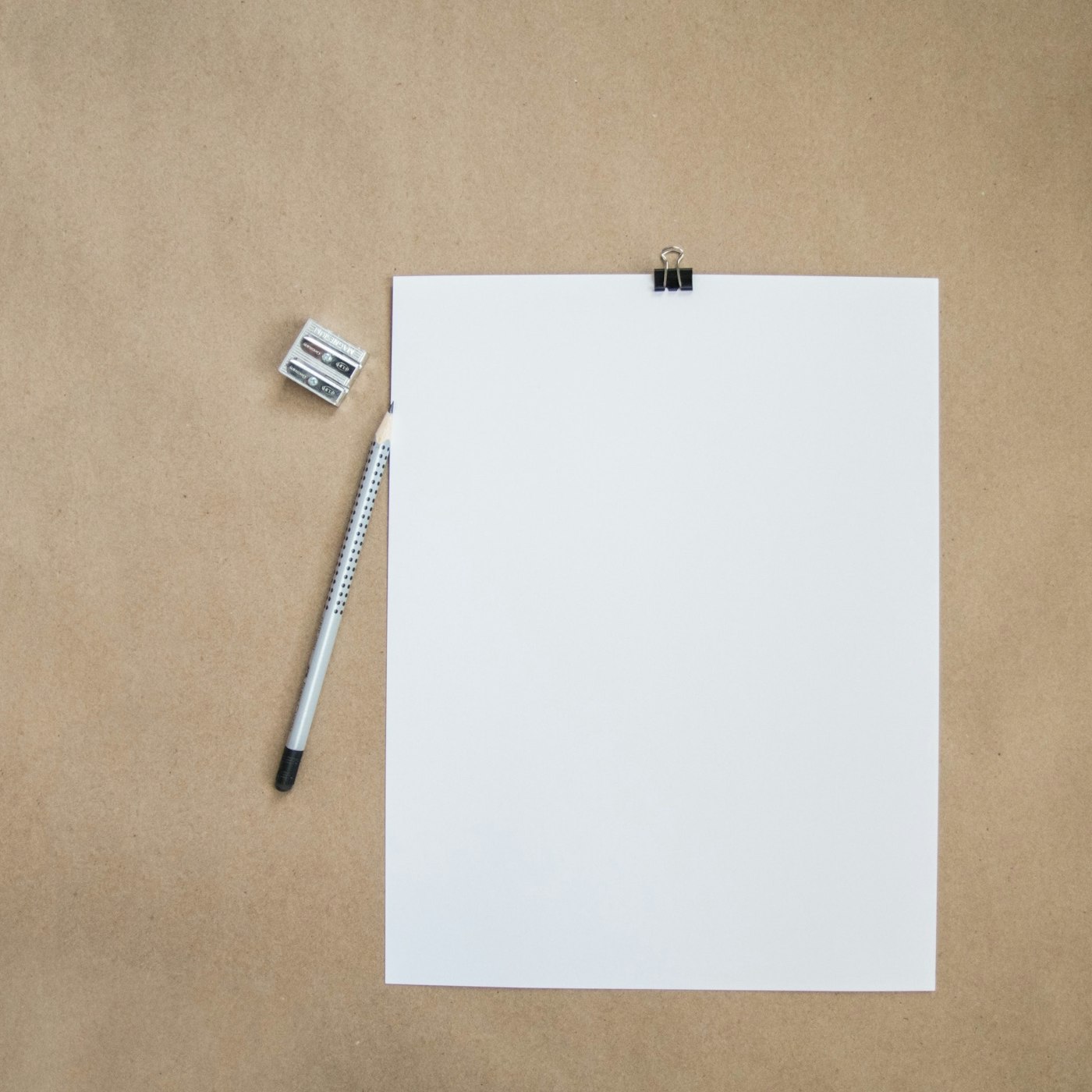Dear Non-Black Creatives of Colour: Are ‘We’ Speaking Over, Erasing, Appropriating, Fetishizing or Profiting off of Others?
by Zeinab Khalil in Culture & Lifestyle on 1st April, 2019

I address non-Black North African women creatives because I am part of this group and I have been noticing this trend a lot among us–but know that much of this letter is relevant to all non-Black people of color
Dear fellow non-Black North African and Arab women creatives,
When others try to critique or engage our work–be it self-care projects, social justice platforms, dance, poetry, prose, spoken word, rap, we non-Black women creatives are often quick to defend ourselves against “the haters” by saying that no one can stop us from speaking our “unapologetic truths.” Yes, sis, you are right, no one can stop you. But you should stop yourself.
Artists and creatives are not above critique—when you are an artist publicly offering and selling your work, and you claim to be doing decolonizing or justice work, you must be open to engaging, listening, and reflecting on your audience’s reactions, especially from those who you hold privilege over. When they are telling you that your craft is speaking over, erasing, appropriating, fetishizing, profiting off of others or causing harm in other ways, you really should just stop. You do not get to dismiss valid critiques and challenges to your work as racist or harmful in the name of “we’re all women” or “we’re all Muslim” or
“One LoOoOoOoOvE”. This doesn’t work when white people do it, and it doesn’t work when you do it.
And for non-Black North Africans in particular, we need to be careful with the way we invoke our Africanness in different contexts, and we need to be careful with what we mean when we claim such identity and experience.
It’s good that a lot of us are trying to move away from “Arab” as a descriptor, realizing its erasure and inaccuracy in a geography of diverse populations that are not captured by this blanket construct. Many of us are not Arab or only Arab (i.e. the descendants of Bedouin tribes indigenous to Southwest Asia/Arabian Peninsula) even if we speak Arabic (Arabic is an Afro-Asiatic language and people who speak it are not necessarily Arab). Instead, many of us are Berber, Tuareg, Sahrawi, Coptic, Turk, Kouloughli, or are one or more of the many other ethnic communities in the region historically and today. Today there is growing discourse on how to decolonize these categories, especially in light of studies that point to how few people across North Africa actually have genetic Arab ancestry (For Egyptians it’s around 15%, for Tunisians 4%, etc.)
If you’re trying to do that work of complicating identity constructions in the area—cool!
However, carrying any of these identities must not be conflated with understanding, experiencing, or identifying with Blackness.
There are Black Berbers and non-Black Berbers, Black Egyptians and non-Black Egyptians, Black Arabs and non-Black Arabs…your race and skin color must not be conflated with your ethnic ancestry. So sis, please do not Dolezal your way into this because the only way out won’t look good for you.
More of an issue is how some of us, in our efforts to more strongly claim the “African” part of our identity, end up only fetishizing and reducing Africanness through a distorted, colonial gaze. Doing this makes us no different than white voyeurs who talk about Africa in essentialist, reductionist ways that feed a mainstream racist imagination (think of warped imagery coupled with a lexicon of words like sun, timeless, Congo, rhythm, village, lion, river, Nile, mama, queen).
In sum, we cannot invoke Africanness when we feel like it or when it is convenient for us to do so, when our communities and families hegemonically and culturally work hard to distance themselves from Africanness (mostly because of its association with Blackness). And if we do claim this marker as non-Black North African people, we have to be conscious of how we take up space in situations where there are Black Africans or Black people, and how we’re rightfully viewed suspiciously or straight up annoying for taking up space. If you are bothered that your non-Black body is not centered in discourses and imaginations of Africanness, you should direct that frustration and decolonial work toward your own community instead of centering this problem in mainstream conceptions of Africanness. There are many real and consequential problems with conceptions of Africa and Africans, and this isn’t it.
This is especially true for those of us who grew up in the US–in cities or suburbs.
We do not get to use our proximity or insertion into Black spaces to appropriate Black culture, language, style, and art.
We do not get to collapse very consequential racial and color hierarchies because we identify as African in some way. You know that if you went back home no one would be calling you African or Black, and you certainly wouldn’t be (mis)treated as such.
Sincerely,
A Concerned Sis (aka one of “the haters”)
Zeinab Khalil
Zeinab Khalil is an aspiring sheikha based in New York. When she’s not working her daytime job at a human rights philanthropy, she enjoys cultivating sisterhood, learning from elders and babies, and drinking oat milk lattes.